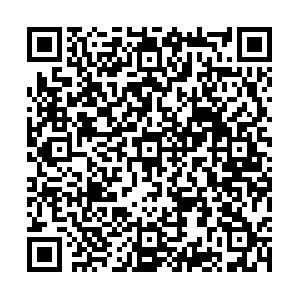Abstract:
This paper attempts to distinguish between concepts of "curriculum" and "teaching", arising from the incomprehension of separation between the study of "curriculum theory" and "teaching theory". The so -called "kecheng" (curriculum) and "jiaoxue" (teaching) are Chinese translations of original words of foreign language, while the general and secular understanding of "education" (translated as jiaoyu xue in Chinese) was something that only gradually developed during the formation of modern society. The basic concepts of P dagogik (translated as "jiaoyu xue" in Chinese) are mostly new words constructed based on certain words in ancient Latin or Greek. Its semantics or conceptual connotations need to be explored in the long future. Teaching without curriculum or curriculum without teaching are seen unthinkable for people in China, but in the outside world, "curriculum" is a concept that has emerged late in response to the need to reform teaching. The research results seem to suggest a new theory. It shows that although our country can benefit from the introduction of Western studies to the East, it can also make mistakes.

 点击查看大图
点击查看大图



 下载:
下载: